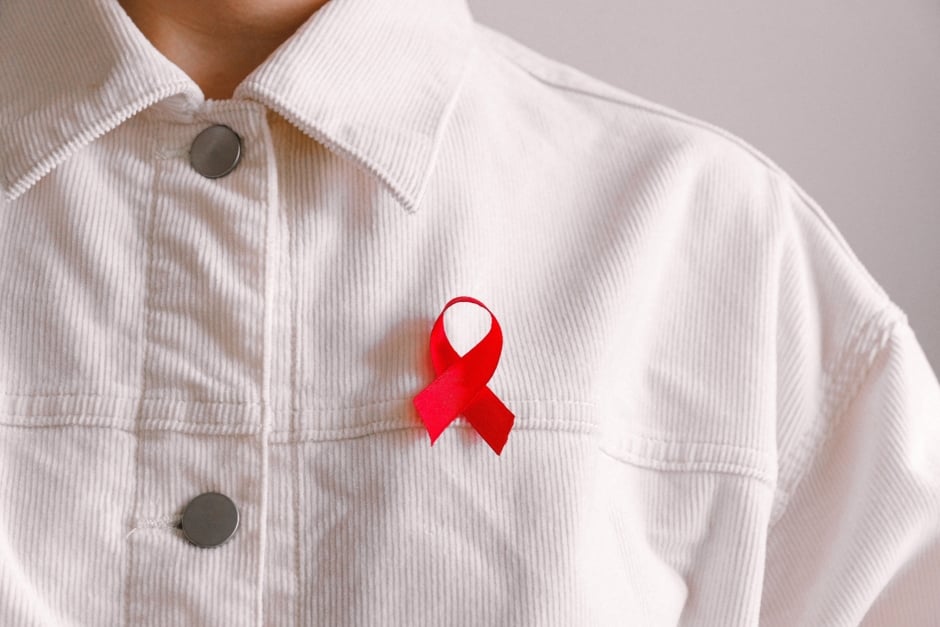ANTI-RETROVIRAL therapy (ART) interruption in patients diagnosed with HIV is a functional care strategy used by researchers to assist in the development of new therapeutic approaches to successfully achieve HIV infection control. The biomarkers found during the interruption of ART could help predict HIV remission by providing interpretative clues on the biological mechanisms of HIV duplication after stopping ART, as well as assist in the design of a new way to cure the disease. A new study carried out by researchers at The Wistar Institute, Philadelphia, Pennsylvania, USA, have discovered metabolic and glycomic signatures, within a rare population of HIV-infected individuals who can naturally maintain viral repression after stopping ART.
Current cure-related clinical studies employ an analytical treatment interruption (ATI) strategy that allows researchers to test new therapeutic interventions in the absence of the overwhelming effect of ART. This new study was carried out using available blood samples from two cohorts of patients who participated in previous clinical trials: Philadelphia cohort and the AIDS Clinical Trial Group (ACTG) clinical trial. The Philadelphia group included 24 patients diagnosed with HIV who had undergone ATI without immunoregulatory agents. The ACTG clinical studies group included 74 patients, 27 post-treatment controls and 47 non-controls, who were assessed with different immunotherapy strategy..
The researchers examined the blood samples collected just before ATI for the presence and quantity of metabolites and glycoproteins, which are secreted into the blood from various organs and are excellent for identifying biomarkers. The team initially carried out metabolomic analysis on Philadelphia cohort samples and discovered metabolites associated with inflammation and pre-ATI levels are linked with time to viral reoccurrence. They then carried out metabolomic and glycomic analysis on the ACTG group, which included post-treatment controls and non-controls, and were able to confirm their observations by comparing the two groups.
” Analysing the blood of these individuals, we identified promising biomarker signatures that may fast-track future HIV cure trials and treatments. These biomarkers also provide us with insights on how post-treatment controllers restrain infection and how we can design novel HIV curative strategies to recapitulate this promising phenotype in the millions of HIV-infected individuals worldwide.” said Mohamed Abdel-Mohsen, who led the study.








